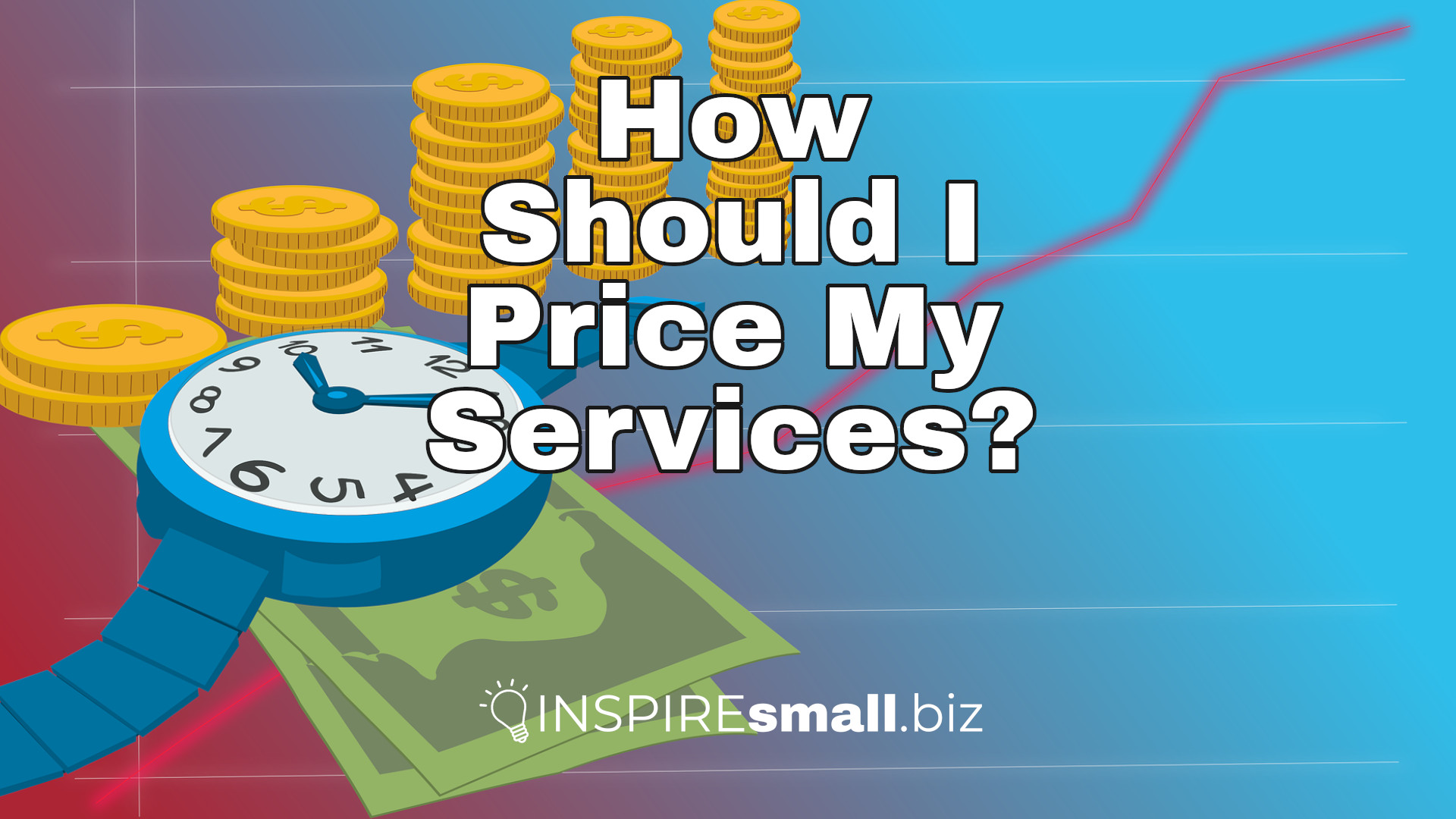One of the most common things I’ve seen with small business owners over the years is that they often underprice their services. A lot of business owners set their hourly rate at the same as their previous job, or wage for somebody employed in that industry. In this article, I’m going to tell you why that is a mistake that will prevent your business from being profitable.
Billable Work
Even established small businesses have downtime. It is extremely unlikely to have 40 billable hours of work every week. Running your own business requires a lot of time that isn’t billable work such as acquiring new business, bookkeeping, follow-ups, and marketing activities.
Taxes
Unlike W2 employees, entrepreneurs and small business owners don’t have taxes automatically taken-out of their earnings. This means that throughout the year, you’ll need to set aside a percentage of your earnings to pay taxes.
The best advice I can offer is to hire a reputable accountant or bookkeeper to help you make sure that you’re setting enough aside and making your payments on-time.
Social Security & Medicare Taxes
Every American is required to pay into Social Security and Medicare. When filing your taxes, there are additional forms you’ll need to use as a business owner, including to calculate your contributions to both programs.
Once again, work with an expert to make sure you’re setting enough money aside.
Business Expenses & Supplies
What items are required to successfully run your business? Even if you’re operating out of your home, there are items that you need such as internet access, printer ink, office supplies and products you sell.
Other expenses of doing business may include membership to organizations in your industry, Chamber of commerce membership or dues for a service organization like a Rotary, Kiwanis, or Loins club.
Vehicle Expenses
There are many circumstances when you use your personal vehicle for business use. It is extremely important to make sure you’re documenting the mileage for activities related to your business because you can use that mileage as a deduction on your taxes.
How to Calculate Your Price
To determine the price of your services, you’ll need to set the amount of money you’ll need to take home each week to survive.
For example, If you need to take home $5,000.00 per month, that means you’ll need to make $1,250.00 each week in addition to business expenses.
So, to make our calculations easy, let’s say that you need to bring-in a total of $2,000.00 each week to pay yourself and ‘keep the lights on’.
Setting Your Schedule
Work/Life balance is important, so you’ll need to consider the realistic number of hours you can work each week while not neglecting your family or yourself. To create a balanced schedule, let’s say you have a goal of working 40 hours each week.
Next, calculate how much time you spend each week with the administrative tasks of running your business and deduct them from your total hours.
If you spend 10 hours each week on administrative and business-building activities, that means you have 30 hours to provide your services.
Also consider that you may not have 30 billable hours of work every week, so consider the average of how many hours you have billable work each week.
If you are just getting started, you may need to consider as few as 10-15 hours each week that are billable work. That number will continue to grow but you must make sure you are able to pay the bills as things get-going.
Determining Your Hourly Rate
Knowing how many hours you can count on each week, you’ll take your total weekly financial goal and divide it by the number of hours you have for work to calculate the minimum hour rate you should set.
How it works: $2,000.00 (financial goal) ÷ 20 (average billable hours) = $100.00 (your minimum hourly rate)
Increasing Your Value
As you build your business, there will be opportunities to increase the value of your services. By providing each customer the best possible service, word of mouth will spread about your business which will create more demand. Other ways to increase you value include learning additional skills, earning new certifications and offering new services.
Conclusion
Using this formula will help you gain a general idea of what you should charge for your services. You should consult a bookkeeper or accountant to help you determine your exact costs of doing business. The earlier in your business that you set your rates, the sooner you can achieve profitability.



